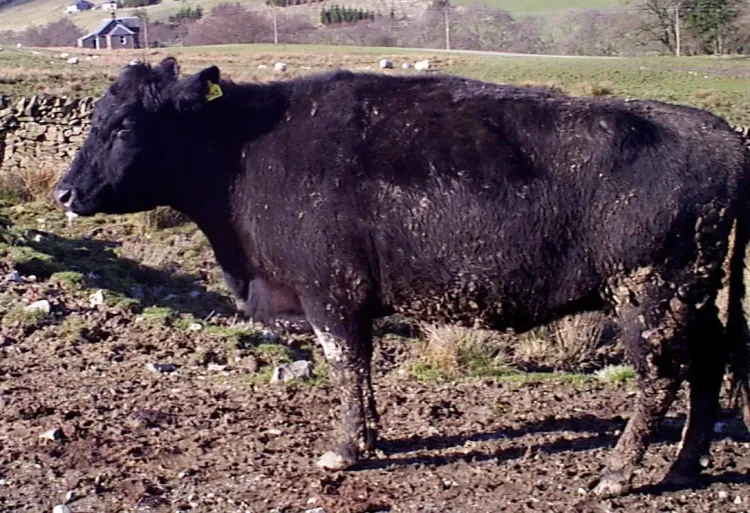Hungary Reports Its First Foot-and-Mouth Disease Case in Over 50 Years

Synopsis
Key Takeaways
- First FMD case in Hungary in over 50 years.
- Detected on a cattle farm in Kisbajcs.
- Immediate restrictions imposed by authorities.
- Strict biosecurity measures recommended for farmers.
- FMD impacts livestock and has significant economic consequences.
Budapest, March 7 (NationPress) Hungary has confirmed its inaugural case of foot-and-mouth disease (FMD) in over five decades, as reported by the National Food Chain Safety Office (Nebih) on Friday. This case was identified at a cattle farm located in the northwestern part of the country.
The outbreak was detected earlier this month at a farm in Kisbajcs, which accommodates roughly 1,400 cattle. Laboratory analyses confirmed the existence of this highly contagious viral illness, which has led authorities to implement immediate restrictions.
The chief veterinary officer of Hungary has mandated the closure of the affected farm and initiated an investigation to trace the infection's origin, according to Nebih. Stringent control measures have been enacted to avert the disease's spread, including a prohibition on transporting animals and related products that are susceptible to the disease.
FMD predominantly impacts cloven-hoofed animals such as cattle, pigs, sheep, and goats. Symptoms encompass fever, decreased appetite, excessive salivation, and blisters on the mouth and feet. Although the virus “very rarely spreads to humans,” Nebih emphasized that outbreaks among livestock can lead to significant economic repercussions due to its rapid spread and enforced culling policies.
“In the event of a confirmed case, all cloven-hoofed animals on the farm must be eradicated,” Nebih stated, noting that efforts to eliminate the infected herd and pinpoint the virus's source are currently in progress.
Authorities have called on farmers to adhere to stringent biosecurity measures and promptly report any suspected instances, as reported by Xinhua news agency.
Foot-and-mouth disease is a serious, highly contagious viral infection affecting livestock, leading to considerable economic consequences. The disease influences cattle, pigs, sheep, goats, and other cloven-hoofed ruminants. It is classified as a transboundary animal disease (TAD), which significantly impacts livestock production and disrupts regional and international trade in animals and animal products. Members currently free from FMD, without vaccination, remain under a constant threat of potential outbreaks. FMD is attributed to an Aphthovirus belonging to the family Picornaviridae.









